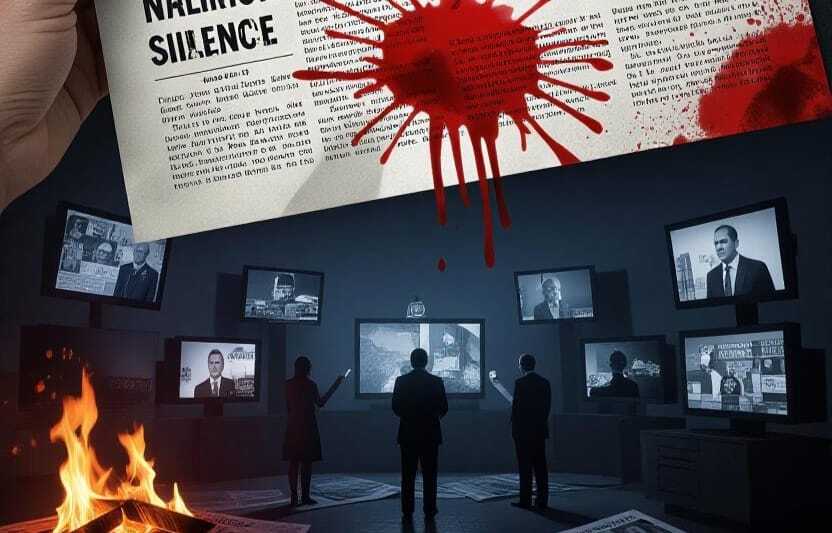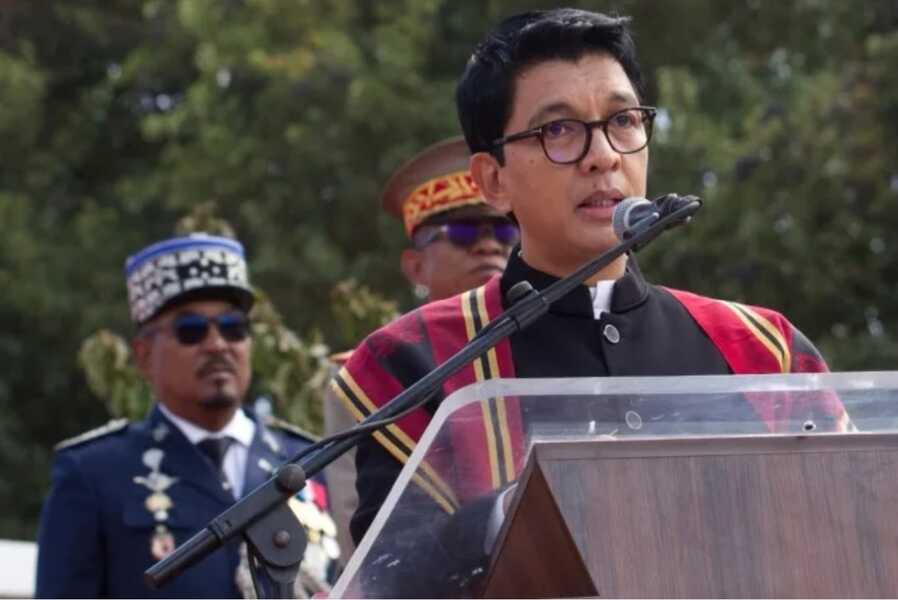Article Today, New Delhi:
An Israeli air strike on a newspaper office in Yemen has killed at least 31 journalists and media workers. The Committee to Protect Journalists (CPJ) described it as the largest single attack targeting members of the press. Israel claimed the complex was being used as a media centre by Houthi rebels, but the scale of civilian casualties has drawn global concern.
Funerals in Sana’a
The victims were laid to rest in Sana’a, where large crowds gathered in mourning. Israel accused the Houthis of running propaganda operations from the complex. Journalist unions, however, condemned the act as a violation of international law, arguing that branding reporters as combatants cannot justify such killings. Analysts noted that after Gaza and Lebanon, this marks a new front where media infrastructure has come under fire.
Press Freedom Under Threat
Human rights groups have criticised the incident as an assault on freedom of expression. They argue that even in conflict zones, journalists remain protected under international humanitarian law. The targeting of media workers, they said, has set a dangerous precedent for the region. Critics added that the attack signals a further deterioration of press freedoms in the Middle East.
Global Silence Raises Questions
Despite the scale of the tragedy, world leaders have remained largely silent. The United States and several European countries refrained from condemning the attack, continuing their political alignment with Israel. Human rights organisations said this silence reflects disregard for journalists’ rights and risks escalating regional instability.
Calls for International Action
Journalist associations have urged the United Nations to intervene and establish stronger safeguards for media workers in conflict zones. Experts warned that unless accountability mechanisms are enforced, such attacks could severely undermine press freedom and jeopardise the safety of reporters across the region.



